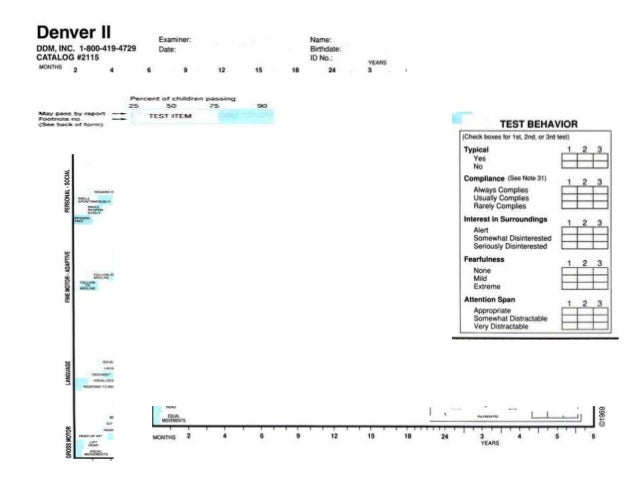

Overall, the Denver-II was the most feasible and valid multi-dimensional test and the ASQ-3 performed poorly under 31 months. Of the single-domain tests, the WHO-Motor had high validity with gross motor under 16 months, and the SFI and SFII expressive scales showed moderate correlations with language under 30 months. In contrast, gross motor scales’ concurrence was high under 19 months and then decreased.

However, it increased with age, becoming moderate-to-high over 30 months. Concurrent validity of the multi-dimensional tests’ cognitive, language, and fine motor scales with the corresponding Bayley-III scale was low below 19 months. The BDI-2 took long to administer and was expensive, while the single-domain tests were quickest and cheapest and the Denver-II and ASQ-3 were intermediate. Findings indicated good internal validity of all short tests except the ASQ-3. The Bayley-III was given at a center by psychologists whereas the short tests were administered in the home by interviewers, as in a survey setting. The scores were compared with those on the Bayley Scales of Infant and Toddler Development (Bayley-III), taken as the ‘gold standard’. We examined the feasibility, reliability, and concurrent validity of three multi-dimensional screeners (Ages and Stages Questionnaires (ASQ-3), Denver Developmental Screening Test (Denver-II), Battelle Developmental Inventory screener (BDI-2)) and two single-domain tests (MacArthur-Bates Short-Forms (SFI and SFII), WHO Motor Milestones (WHO-Motor)) in 1,311 children 6–42 months in Bogota, Colombia. However, their validity in these circumstances is unknown. Multi-dimensional screeners and single-domain tests (‘short tests’) are frequently used as alternatives. In low- and middle-income countries (LIMCs), measuring early childhood development (ECD) with standard tests in large scale surveys and evaluations of interventions is difficult and expensive.


 0 kommentar(er)
0 kommentar(er)
